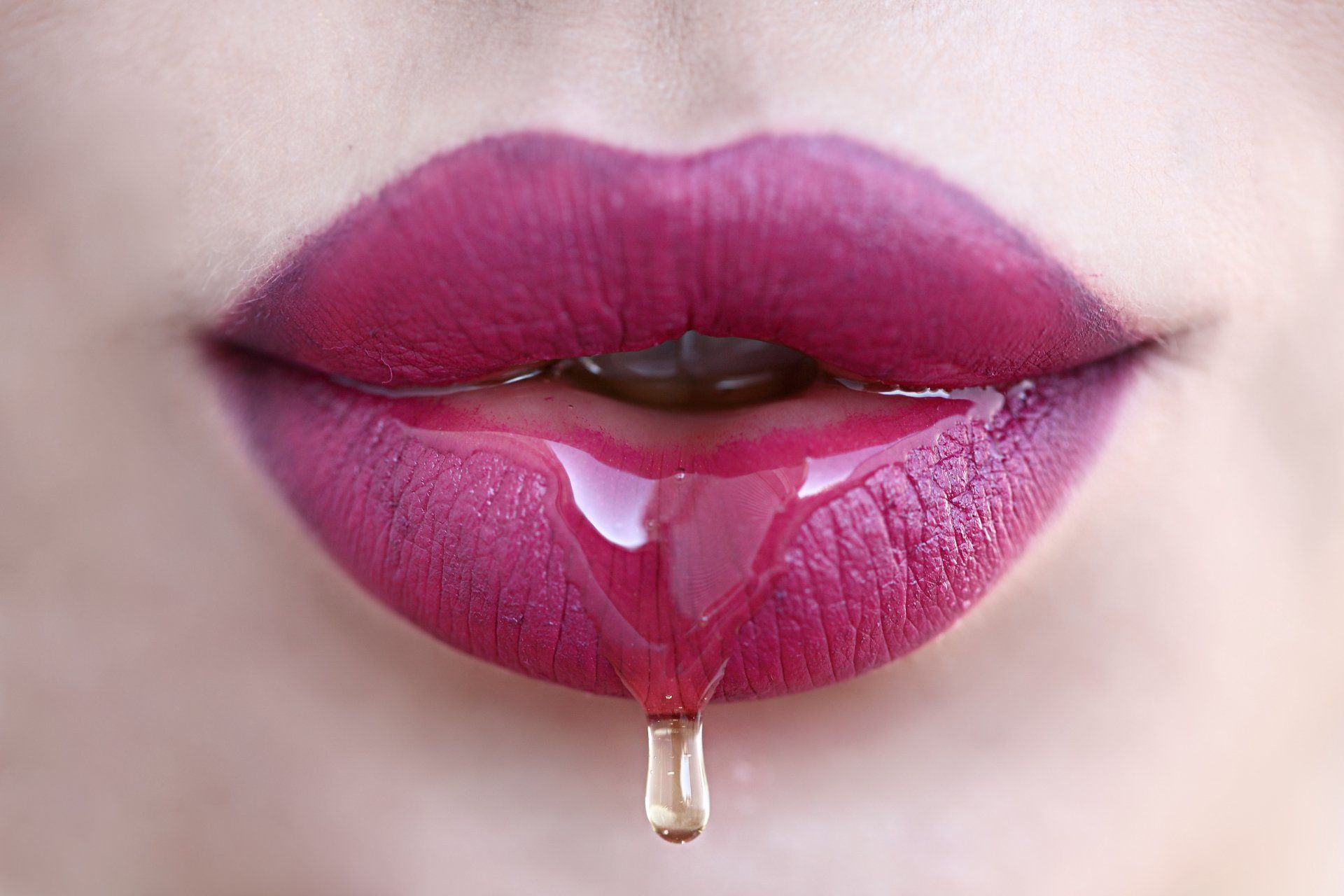Saliva or “Spit” isn’t something you probably spend much time thinking about! But did you know that every moment of everyday affects your health? Saliva is vital not only for a healthy mouth but also good digestion and an overall healthy body.
Dental caries is a complex disease process that afflicts many of the world's population with cavities in their teeth regardless of gender, age and ethnicity. To understand the importance of saliva, we must first understand how our teeth are attacked in the first place.
What causes tooth decay?
Many bacteria live in your mouth and in the dental plaque on your teeth and use the sugars in the food you eat or drink as the energy to produce acids. Plaque acids are one of the main causes of tooth decay.
Wondering how plaque acids cause tooth decay? Plaque acids attack your teeth and dissolve important minerals on their surface. This weakens your teeth and can lead to decay over time. If the amount of acid from the bacteria on your teeth outweighs the protective effect of your saliva, then tooth decay will occur.
How does saliva help prevent decay?
Saliva has been shown to be the most important biological factor in the prevention of dental erosion. It starts acting even before the acid attack.
Saliva is composed of water, minerals, proteins, mucus, and amylase and contains important elements such as bicarbonate, calcium, and phosphate.
- It helps to maintain the hard and soft tissues in your mouth by keeping the interior of your mouth moist.
- It washes away residual food particles after you eat.
- Protects against bacteria.
- Makes sure that there isn’t too much acid in your mouth.
- The minerals not only prevent decay but are also able to repair early decay by providing re-mineralizing ions to the tooth.
Apart from taking care to ensure a healthy mouth, saliva also serves a number of basic functions such as:
- Food preparation, enhancing chewing, the clearing of food residues and swallowing
- Digestion, food breakdown with enzymes
- Enhancing taste
- Enabling speech by lubricating the moving oral tissues
A reduced flow of saliva (Dry Mouth) can increase your risk of tooth decay.
Causes of dry mouth might include:
- Medications – some medicines and drugs can affect your salivary glands and reduce the amount of saliva that they can make, leading to a dry mouth
- Dehydration – working in a dry environment and not drinking water often enough can lead to a decrease in saliva production. Additionally, high intake of caffeine found in coffee, tea, chocolate and cola drinks can reduce fluid levels in the body and reduce saliva
- Diseases or medical conditions that affect the saliva glands– for example Sjogren's syndrome.
- Skip the alcohol – If you have a dry mouth, it may be best to avoid alcohol bases beverages or mouthwashes.
If you have a constant dry mouth,
consult your dentist to find the cause.
How Can I Stimulate Salivary Flow?
There are a few things you can do to make sure that there’s always enough saliva in your mouth:
- One of the best ways of stimulating salivary flow is by chewing crunchy fresh fruits and vegetables. Foods that are high in fiber like celery, carrots, and apples help to stimulate saliva without putting your dental and overall health at risk.
- Drink plenty of water because dehydration causes your saliva production to decrease.
- Chewing sugar-free gum can also stimulate your salivary flow.
The importance of salivary protection in preventing tooth decay cannot be overemphasized. Although you often don't notice this unsung bodily fluid swishing in your mouth, it's important that you take care of it. Keeping your saliva flowing will help ensure better oral and overall health.
About Our Clinic:
At Dr. Catherine Lee Orthodontics, we have a
dedicated team of doctors and staff whose skills and experiences help our patients enjoy the process of creating healthier, beautiful smiles. We have a strong focus on growing children, and especially welcome those who need orthodontics and dentistry for kids. For a consultation, contact us at
enquiries@DrCatherineLeeOrthodontics.com.






